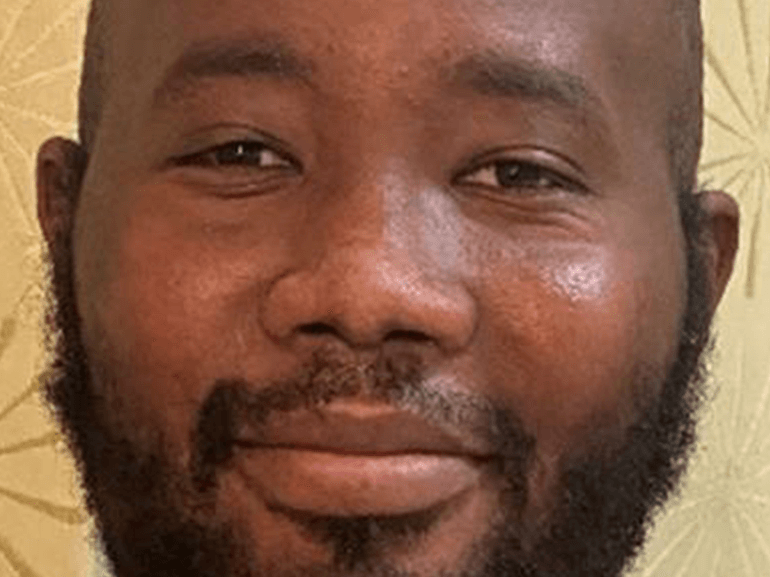William's Story

At 33, William Lovett Jr. had survived kidney failure and resulting transplant.
The anti-rejection medication William took suppressed his immune system, making him susceptible to COVID-19.
In August, the auto mechanic developed shortness of breath, cough, fever and general weakness. At the local hospital, he was admitted and tested positive for the coronavirus.
William deteriorated as the disease progressed, eventually requiring intubation and mechanical ventilation. When liberation trials failed, surgeons placed a tracheostomy for airway support and feeding tube.
For a month, William battled complications including MRSA and high blood pressure, before stabilizing. Needing longer term healing and recovery, doctors transferred him to Select Specialty Hospital – Midtown Atlanta.
William arrived unable to breathe, speak, move or eat. Working on cars was William’s passion since he was 15 years old and all he could think about was getting well so he could get under the hood again.
A physician-led team including nurses and therapists created an individualized treatment plan to help William heal.
Respiratory therapists began stepping back ventilator settings and leading chest and deep breathing exercises. He progressed quickly, liberating a few days later. A valve inserted into the airway support also allowed more normal speech.
Alert and gaining strength, William actively participated in physical and occupational therapy. Nurses and therapists collaborated to ensure he moved out of bed and into a chair twice a day, which built core muscles. Physical therapists used range of motion and weight-bearing exercises to increase stamina. Occupational therapists deployed upper body and fine motor tasks, such as picking up small objects, to enhance gripping and grasping capabilities.
Over time, William was able to stand, dress himself with assistance and begin moving short distances around his room with a walker.
Speech therapists led mouth, throat and jaw exercises to reactivate swallowing reflexes and speech. Dietitians crafted a transitional meal plan that took William’s kidney health into consideration. He resumed eating and drinking.
Three weeks later, William had come farther than he thought possible. On his last day, airway support was removed and he returned independent breathing.
William departed for an inpatient rehabilitation hospital, spending several weeks rebuilding strength and living skills before returning home, and to his cars.